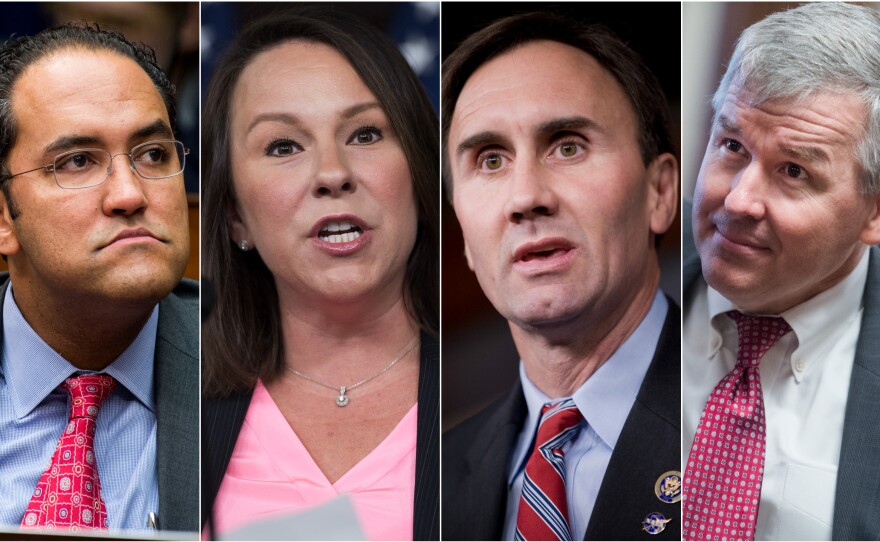The recent stream of Republicans announcing plans to retire in 2020 means lawmakers may be losing hope that there is a path to retaking the majority in the House of Representatives next November.
So far, 15 House GOP lawmakers have announced they will not run for re-election; two of those are running for higher office: Alabama Rep. Bradley Byrne for Senate and Montana Rep. Greg Gianforte for governor in their respective states. On the Democratic side, three members have said they will not run, and Assistant Speaker Ben Ray Luján has decided to run for Senate in New Mexico instead of for his House seat.
When control flips in the House, life in the minority party is often an adjustment. Most Republicans serving now are just learning what it's like when their party isn't in charge of the chamber. They have little ability to steer the legislative agenda, and opportunities for bipartisan cooperation are scarce in an increasingly polarized House heading into a presidential election year. Republican conference rules imposing term limits for committee chair posts also mean senior members have fewer leadership opportunities.
GOP retirements in a significant number of competitive, mainly suburban districts gave Democrats a major boost in 2018. But the bulk of those calling it quits this cycle are in safe red seats in rural and exurban communities.
Republicans will have plenty of opportunities to play offense — 31 House Democrats represent districts that President Trump carried in 2016. Just three Republicans hold districts that Hillary Clinton carried in 2016.
Democrats have focused their attention on Texas — the state with the most Republican retirements — five members are departing after this term. The Democratic Congressional Campaign Committee dubbed this dynamic a "Texodus." They have set up a satellite operation in the state to make a more aggressive push to register new voters and pump up turnout among Latino voters — a key bloc that helped Democrats win two House contests in the state in 2018.
GOP political strategists admit that changing demographics in some suburban areas like the one outside Houston are making some formerly reliable red seats more competitive. But they also emphasize that Democrats will still have to spend resources defending freshmen lawmakers who won narrowly in 2018 but will face a tougher political environment with Trump on the ballot in 2020.
The upcoming special election for a vacant North Carolina House seat in the Ninth Congressional District could prove to be a pivotal moment for the House 2020 landscape. It has been a safe GOP district, but polls show the contest between Republican Dan Bishop and Democrat Dan McCready close. President Trump is campaigning in the final stretch hoping to boost turnout with the party's base. If Bishop loses next Tuesday, it's likely some Republicans on the fence about running again in 2020 will take a pass, making the playing field that much tougher for the GOP with even more open seats to defend.
Copyright 2019 NPR. To see more, visit https://www.npr.org.






